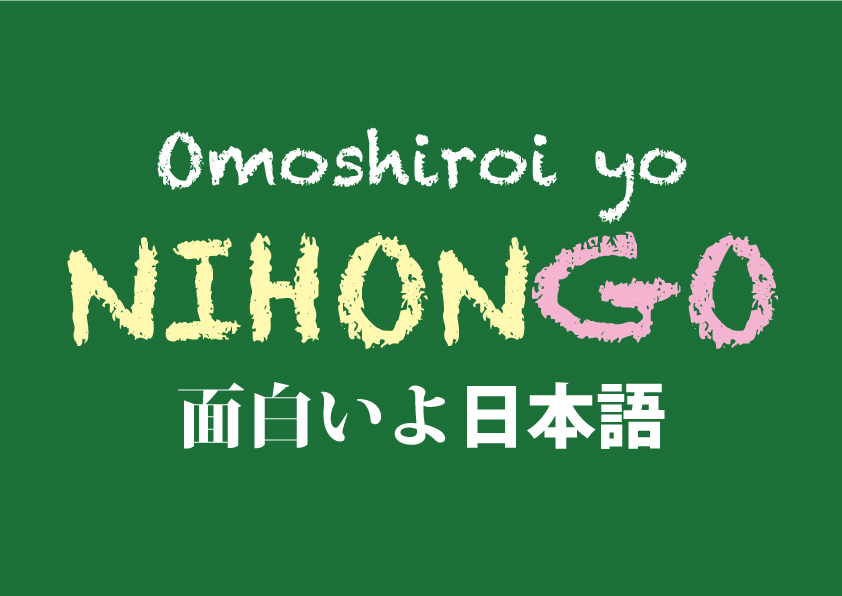
Welcome once again, to the fascinating world of the Japanese language.
The three words we will introduce today have one thing in common. They are all verbs that end with る “ru”, the most common verb ending. The meanings of these verbs are anything but common however. It is amazing what type of words Japanese can make into verbs. Let’s take a closer look at them.
チンする “chinsuru”
Meaning to microwave something. This word is basically just a verbal form of the onomatopoeia for the sound a microwave makes when its timer finishes. In English this would be “ping” but the Japanese version is “chin” and so with the simple addition of the verb “suru” we have a unique word for microwaving something. Japanese use チンする “chinsuru” in everyday life and there are only very few of them who doesn’t know the word.
サボる “saboru”
Originally comes from the French word sabotage and means to skip school, to cut classes, to goof off on the job. You can use this word in many fields of life. To learn the word is alright, but remember never to サボる “saboru”.
ググる “guguru”
Sounding very close to the name of a famous internet company, this word does in fact mean to search for something on the internet using Google. It is interesting to note that in Japanese, Google is pronounced as グーグル “guuguru” but it is with a long “u” and is not a verb despite the “ru” ending. Don’t mistake the two for each other!
Example sentences:
冷たくなったピザをチンする。
(Tsumetakunatta piza wo chinsuru.)
I put the cold pizza in the microwave.
最近仕事をよくサボるね。どうしたの?
(Saikin shigoto wo yoku saboru ne. Doushitano?)
Lately you skip work often. What happened?
「この言葉の意味が分からないな〜。」 (Kono kotoba no imi ga wakaranai na.)
I don’t know the meaning of this word.
「今ググるからちょっと待ってね!」
(Ima guguru kara chotto matte ne.)
Hold on a sec, I’ll Google it!.
